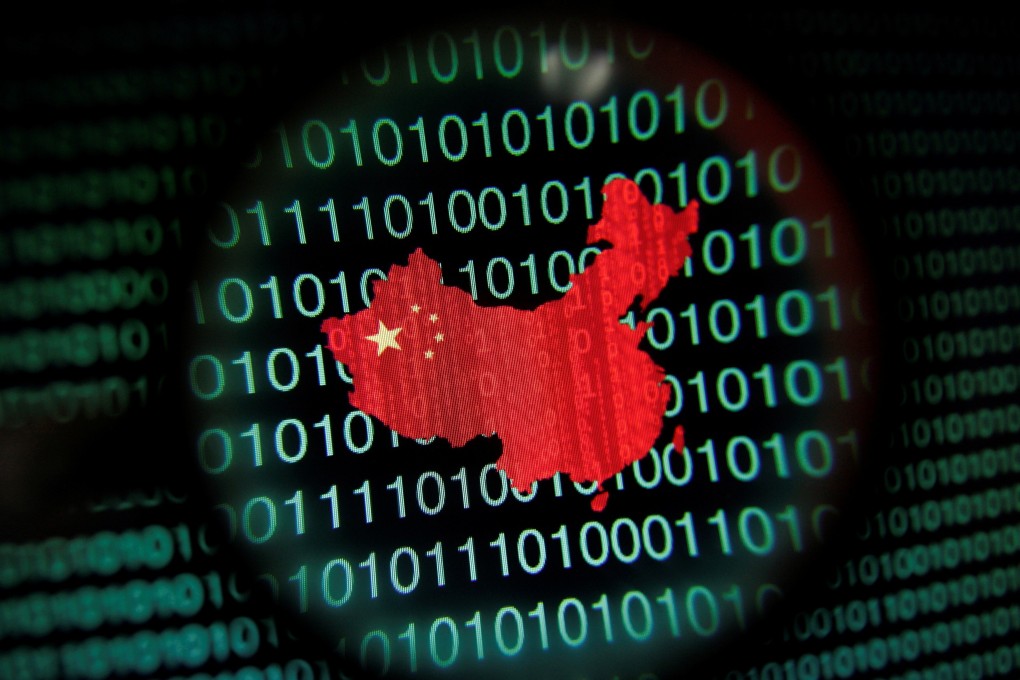Explainer | What are the hacking accusations against China?
- Several countries accuse ‘cyber actors’ backed by the Chinese government of hacking the Microsoft Exchange email server
- Allegations of Chinese cyberattacks are mounting, but Beijing has pointed the finger at the US as the matter becomes part of a broader rivalry

A coalition of accusers
The US, Britain, the European Union and Nato on Monday accused Beijing of sponsoring a massive hack of the Microsoft Exchange email server that was discovered earlier this year, which compromised accounts worldwide. They vowed to work with other countries to halt what the US state department called China’s “destabilising behaviour in cyberspace”.

02:44
US, Britain and EU accuse China of sponsoring massive Microsoft email server hack
The state department said “cyber actors” working with China’s state security ministry “exploited vulnerabilities in [the] Microsoft Exchange server in a massive cyber espionage operation that indiscriminately compromised thousands of computers and networks, mostly belonging to private sector victims”.
It was not the first time the US had accused China of cyberattacks, but it was unusual for a broad coalition of countries to publicly call out Beijing for state-backed hacking.
When Russia was accused
Previously, Russia had frequently been blamed for hacking and cyberattacks.